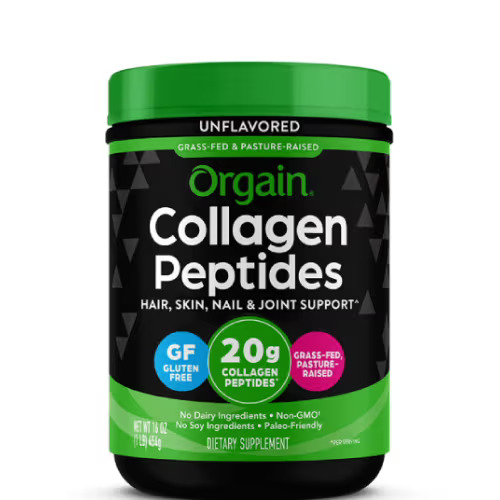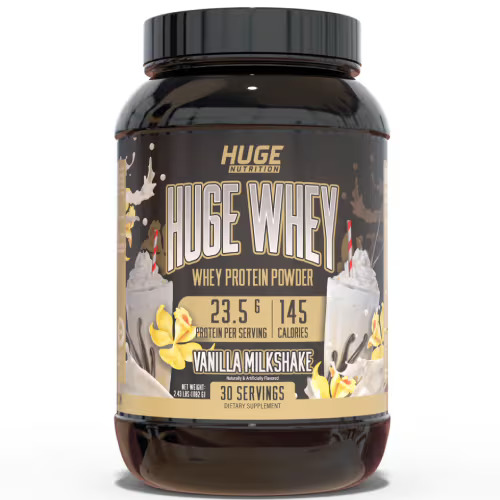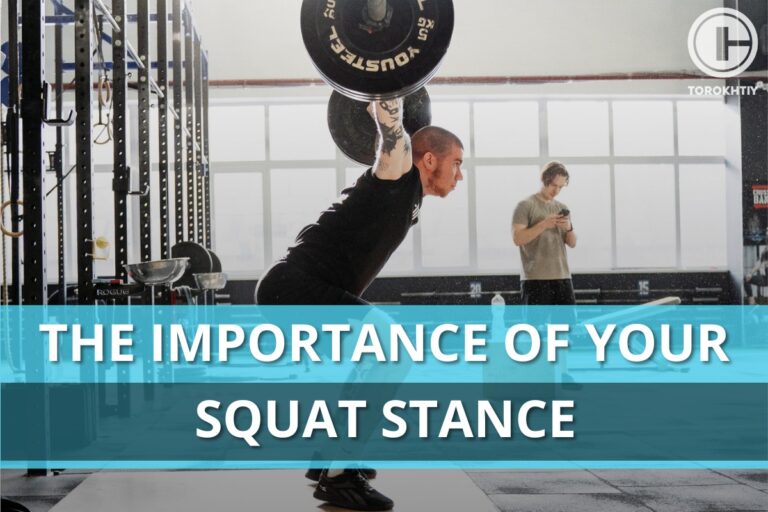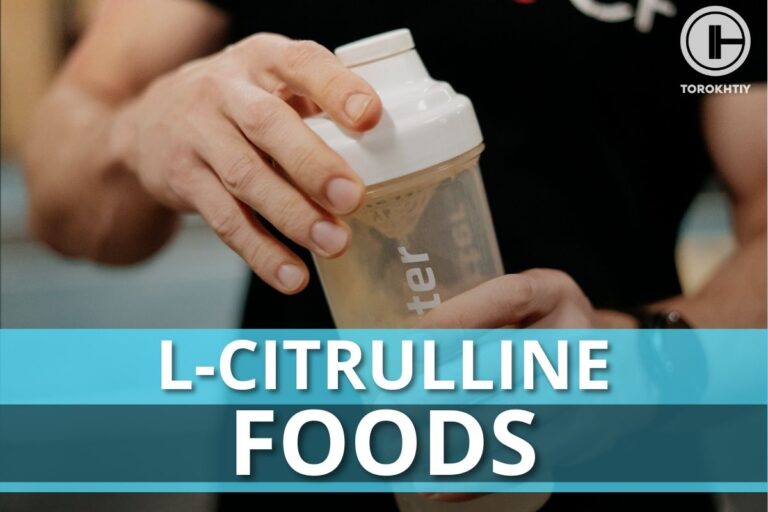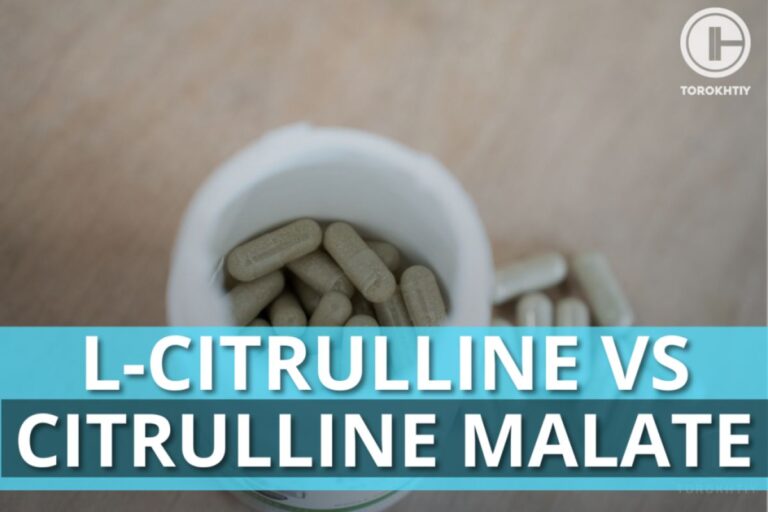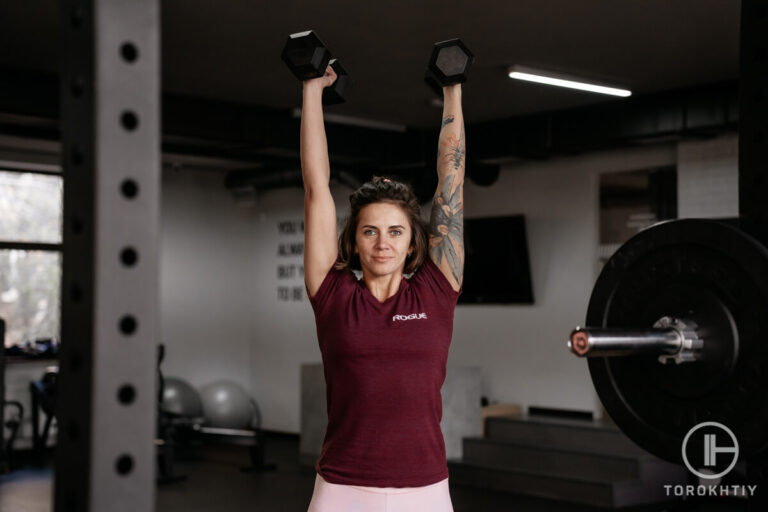Collagen Protein vs Whey Protein: Which to Pick?
Many lifters use protein powder as supplements to help them build their protein count for extra muscle mass and better health in general. Whey protein powder is the most popular protein powder, but collagen protein has grown more and more popular in recent times. This rise has led to questions over which one is better for use. In this article, I discuss collagen protein vs whey protein to help you make the best possible decision. Let’s begin…
Collagen protein may help to increase skin elasticity, improve joint mobility, and decrease joint pain; while whey protein is better for muscle building. So it depends on exactly what your fitness goals are.
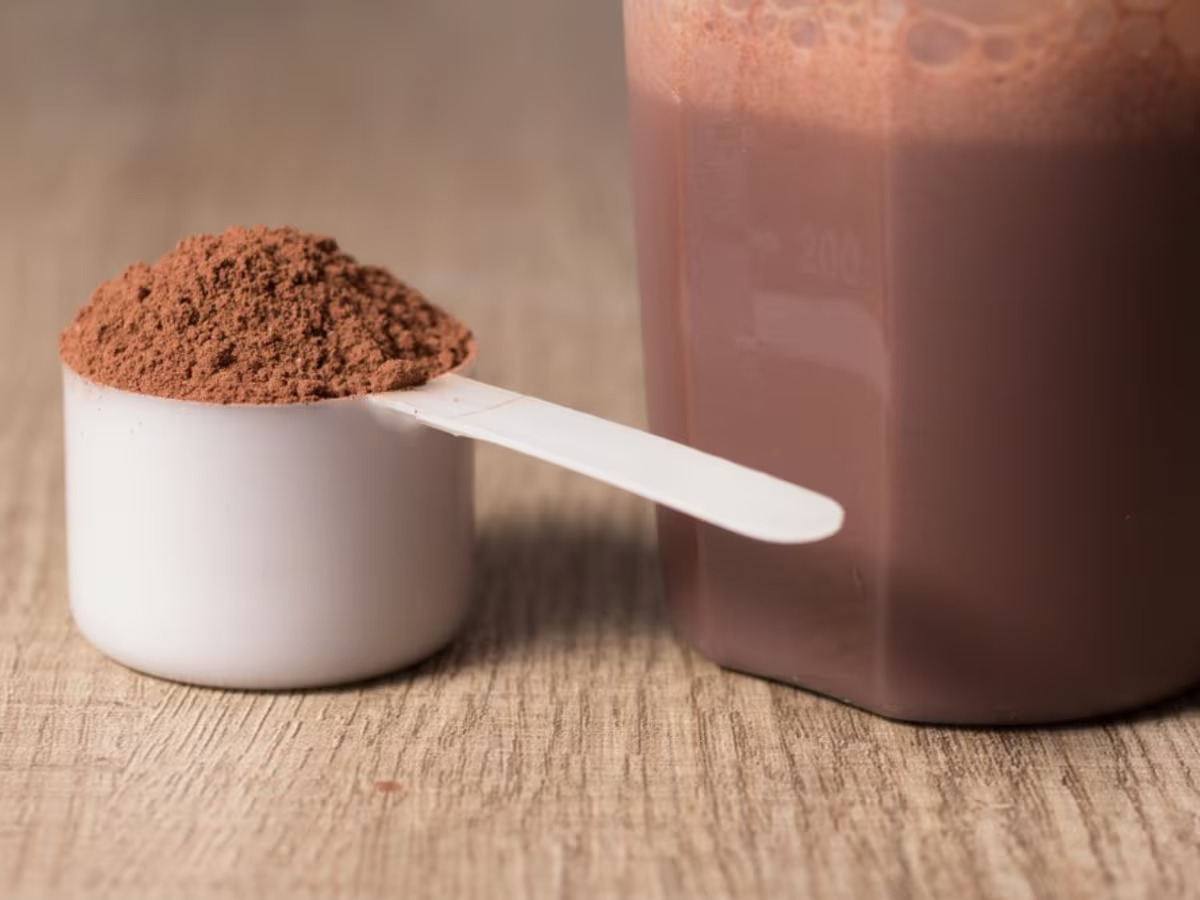
What’s Whey Protein?
To answer this question, we must understand what exactly are our two options, starting with whey protein. In cheese production, there’s a liquid byproduct called whey that’s produced. Protein is then extracted to make whey protein powder in dry form. Whey protein has been one of the most popular supplements. In recent times, however, the popularity of collagen protein has skyrocketed.
What’s Collagen Protein?
Collagen is the most abundant protein within the body. It’s mainly found in several tissues including skin, bone, ligaments and tendons. Collagen production decreases as we age, giving rise to wrinkled, sagging skin and other changes.
Collagen protein powder, also called collagen peptides (or hydrolyzed collagen), is obtained by processing animal tissues like, hold your breath, bones, cartilage and scales of fish. This supplement is usually derived from bovine hide (bovine collagen) or fish (marine collagen). Marine collagen obtained from the skin, bones, and scales of fish, while bovine collagen comes mainly from cows’ skin and connective tissue. It is usually sold as a powder that dissolves in water.
Collagen Protein vs Whey Protein: Deep Dive
Now that you know exactly what we’re dealing with, let’s do a head to head collagen vs whey protein comparison. We’ll compare them in different categories to get the best possible look.
1. Processing
Whey, like I previously said, is a byproduct gotten in the cheese making process. In the cheese processing facility, the milk goes through a process called pasteurization, then it is subjected to enzymes to separate the whey from casein. After enzymatic reactions we have two parts – liquid and solid particles. The liquid part is the one that contains whey. After the whey goes through several processes, we get a dry powder – Whey Protein Concentrate (WPC).
Collagen protein, on the other hand, is obtained from animal tissue such as skin, bone, tendons. This supplement may be sold like collagen peptides, collagen hydrolysate or hydrolyzed collagen.
2. Average Percentage of Protein, Carbs, and Fat
In general, whey protein (depending on the specific source: concentrate, isolate, or hydrolyzate) can contain anywhere from zero to several grams of carbohydrates and/or fats per serving.
On the other hand, unflavored collagen protein usually contains only protein. Flavored collagen may contain a couple grams of carbs.
3. Price Range
Generally, on a pound-for-pound basis, collagen protein costs the same or slightly more than whey protein. Price per pound may vary, depending on brand and additional ingredients that may be in collagen protein. For example, it may contain additional nutrients related to healthy skin and hair like vitamin С, or zinc.
I would say that in terms of protein quality (as well as quantity per serving) whey protein beats collagen by a large margin.
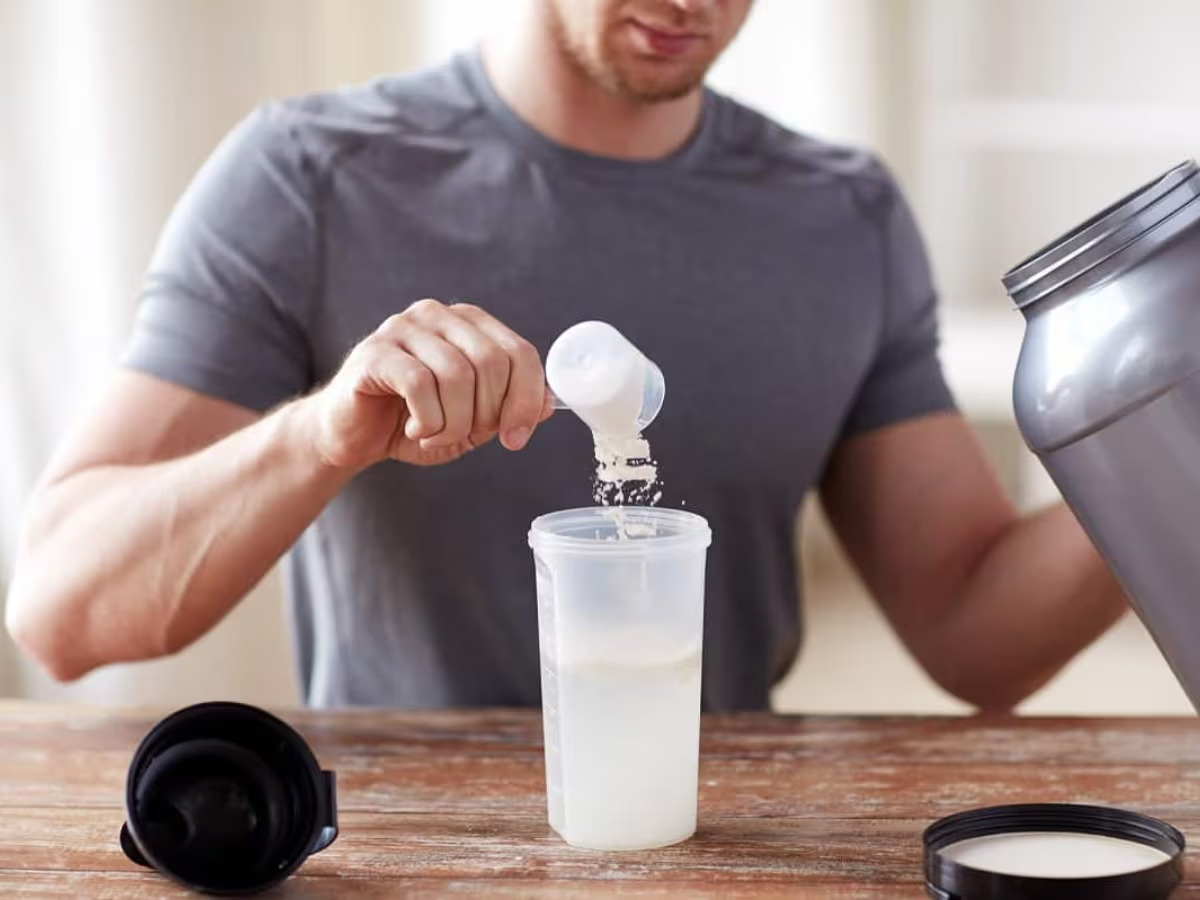
Collagen Protein vs Whey Protein: Summary
Still stuck in our collagen peptides vs whey protein debate? Here are some quick-fire pros and cons to help you pick a side.
Pros and Cons of Collagen Protein
Positives:
Could be better:
Pros and Cons of Whey Protein
Positives:
Could be better:
Collagen Protein vs Whey Protein: When to Use Each?
In the hierarchy of importance, the total amount of protein consumed per day is in the first place. However, it is best to divide the total amount of protein into 3-4 equal doses. Whey protein can be part of breakfast or a pre-workout snack. It is also great for the period immediately after training. It all depends on your preferences and convenience. But don’t replace the protein portion of all meals with whey protein. It is only a supplement and should not replace a whole food.
On the flip side, many people recommend you take your collagen protein first thing in the morning on an empty stomach. The reasoning behind this is that absorption is highest at this time and it’s easier for your body to absorb the protein. However, recommendations regarding the specific time of collagen consumption are speculative in nature. I have not found a single expert source of information that addresses this issue. Therefore, we can come to the conclusion that collagen can be taken at any time of the day.
How to Pick Between Collagen and Whey Protein?
Are you still stuck on whether to use collagen or whey protein? Let’s continue our whey protein vs collagen comparison. The next question to tackle is how to pick between them. What are the things you should consider when making your decision? Let’s have a look…
1. Diet Type
Although there is a technique to produce vegan collagen using genetically engineered P. pastoris bacteria, most collagen protein powders are completely based on tissue from animals. This makes it unsuitable for vegetarians, especially vegans.
In order to reap the potential benefits of supplemental collagen, it is best taken in the context of a balanced and varied diet. Some products promote collagen production (without taking this supplement) because they contain amino acids that play a key role in collagen synthesis. These are amino acids glycine, proline and hydroxyproline. They are found in such products as fish, poultry, meat, eggs, dairy, legumes, and soy. Vitamin C and zinc are also necessary for collagen synthesis. The best sources of vitamin C are fruits and vegetables. The richest food sources of zinc include meat, fish, and seafood.
Whey protein is a versatile supplement that is suitable for almost any diet except vegan. If you are a lacto-vegetarian, this supplement can be a great addition to your total protein intake.
It’s particularly helpful to anyone looking to reduce weight or eat low-calorie foods as it’s quite satisfying. If you want to lose weight, you can mix it with water or skim milk. If you want to gain muscle mass, it is better to mix whey protein with milk, add fruit and / or peanut butter to the cocktail.
Whey protein is milk-based, so you have to stay away if you’re allergic to milk. The second reason why milk protein (especially whey concentrate) may not suit you is lactose intolerance. In this case, you may have symptoms, such as stomach cramps, flatulence, intestinal discomfort or diarrhea. In addition to lactose intolerance, it could be the milk protein itself that’s causing the issue. Keep that in mind.
2. Protein Source
Protein source is another major difference between collagen and protein powder. On one hand, there’s collagen. This protein source is regarded as having low biological value, mainly due to its low amounts of BCAA, lysine, methionine and tryptophan.
On the other hand, we have whey protein. It’s gotten from dairy products, specifically the cheese making process. It is a high-quality protein with high digestibility, that contains all 9 essential amino acids in the right amounts. Plus whey protein is an excellent source of BCAA, including leucine.
3. Serving Size
In powder form, 1 serving of collagen protein contains approximately 10-18 grams of protein.
However, because collagen is about 10% hydroxyproline, taking about 10 grams of collagen type II per day may potentially increase urinary oxalate concentrations, as the major metabolite of hydroxyproline is oxalate. As a result, high doses of collagen type II may increase the risk of oxalate-based kidney stones in susceptible people. Therefore, if you take collagen (especially the type II), it is better to limit yourself to one small portion per day.
On the other hand, one serving of whey protein contains an average of 21-25 grams of high-quality protein. Women and small stature men can limit themselves to 1-1.5 servings of whey protein per day. Large men with high protein needs can take up to 2 servings of protein per day. However, supplemental protein should not replace whole foods.
4. Approximate Price Per Serving
Like I said, collagen costs the same or a little more pound for pound. For example, a serving of unsweetened collagen protein, which we recommend in this article, is $1. For a serving of the same chocolate-flavored product, you will pay $1.76. On the other hand, a serving of whey protein from this article costs about $1.30.
However, a portion of collagen contains much less or significantly less protein than a portion of whey protein. What’s more, you get a very high quality of protein from whey protein. This cannot be said about collagen protein.
5. Protein to Weight Ratio
One serving of the supplement contains a certain amount of protein. The more protein relative to the total weight of the product, the better.
In collagen protein, protein can make up to 100% of the total weight of the serving. The amount of protein in whey protein can be approximately 80-90% (depending on the specific whey protein: concentrate or isolate).
6. Label Transparency
It’s important that you can see exactly what your protein powder contains before you purchase it. You need to make sure it fits with exactly what you need it for, and does not contain anything you’d rather not ingest. For example, if you are lactose intolerant, it is better not to buy whey concentrate.
Our recommended products are both quite transparent. You can see each ingredient in detail.
7. Value for Money
Again, this is not constant for all products, but our recommended products give you a great value for money. One serving of unflavored collagen protein powder costs less than one serving of whey protein powder, but doesn’t carry as much protein as whey in one serving.
However, if you want to take advantage of the potential benefits of collagen protein (improving skin elasticity and joint mobility), you can still use collagen protein for these specific purposes.
Protein Powders We Recommend
I’ve spoken too much about our recommended products without actually telling you what they are. If you’re sold on getting either collagen or whey protein, we have a recommendation for you either way. Here we go…
1. Collagen
Our recommended collagen protein powder is Orgain Collagen Peptides. It’s an unflavored protein powder obtained from the tissue of grass fed cows. It’s free of gluten, sugar, and any additives, if it is important to you. You can get collagen as a pill, but powder generally contains much more protein. You can take it in a meal or a drink and you won’t even notice because it’s unflavored and tasteless. You get 20 grams of Type I and III collagen hydrolysate.
2. Whey
The whey protein powder we recommend is Huge Whey. It contains 23 grams of high quality protein per serving, including all essential amino acids you need. Unlike collagen, this powder comes in different flavors depending on your personal preference. It’s great for building muscle and comes with a punch of 120 calories. You can take it as you like – add it to oatmeal, use it as part of a cocktail or in other variations. However, keep in mind that this is a whey protein concentrate, so it contains lactose. If you are lactose intolerant, this protein may not be suitable.
FAQs
Does whey protein have collagen?
No, both whey and collagen protein contain different proteins. Whey protein is gotten from milk, while collagen protein is gotten from animal bones, cartilages and other tissue.
Is collagen protein better than whey?
If you’re after building muscle, whey protein is absolutely better for you. If you want to take advantage of the potential benefits of collagen protein (improving skin elasticity and joint mobility), you can still use collagen protein for these specific purposes.
Does collagen protein build muscle?
Collagen focuses more on improving your joint health and skin elasticity. In the context of building muscle mass, collagen should not even be compared to whey protein. However, collagen is definitely better than nothing.
Conclusion
This collagen protein vs whey protein debate is a rather needless one actually. If you’re interested in building muscle mass and athletic performance, whey protein is what you need. I would consider collagen protein as a complementary supplement for specific purposes – improving skin elasticity, fighting wrinkles and improving joint mobility. Although the effectiveness of collagen for these purposes is unproven, you can try this product.
If you want to try collagen protein, my recommendation is Orgain Collagen Peptides, and if you need whey protein, my recommendation is Huge Whey.
Now it’s your turn. Which of the recommended products caught your eye? Is there anything I missed? Let’s talk in the comments.
Also Read:
- Protein vs Bcaa
- Best Protein For Cutting
- Best Protein Powder For Runners
- Difference Between Isolate and Concentrate Whey Protein
- Best Unflavored Protein Powder
- Best Protein Powder With Low Sugar
- Hemp vs Whey Protein
- Best Milk for Protein Shakes
- Pea Protein vs Whey
References:
- Collagen // Harvard T.H. Chan: https://www.hsph.harvard.edu/nutritionsource/collagen/
- Current Concepts and Unresolved Questions in Dietary Protein Requirements and Supplements in Adults // National Library of Medicine: https://www.ncbi.nlm.nih.gov/pmc/articles/PMC5420553/
- Whey Protein Supplementation Compared to Collagen Increases Blood Nesfatin Concentrations and Decreases Android Fat in Overweight Women: A Randomized Double-Blind Study // National Library of Medicine: https://www.ncbi.nlm.nih.gov/pmc/articles/PMC6770102/
- Collagen and the Battle Against Skin Aging // McGill: https://www.mcgill.ca/oss/article/student-contributors-general-science/collagen-and-battle-against-skin-aging
- What is type II collagen? // Examine: https://examine.com/supplements/type-ii-collagen/
Why Trust Us?
With over 20 years in Olympic Weightlifting, our team does its best to provide the audience with ultimate support and meet the needs and requirements of advanced athletes and professional lifters, as well as people who strive to open new opportunities and develop their physical capabilities with us.
By trusting the recommendations of our certified experts in coaching, nutrition, dietology, and sports training programming, as well as scientific consultants, and physiotherapists, we provide you with thorough, well-considered, and scientifically proven content. All the information given in the articles concerning workout programming, separate exercises, and athletic performance, in general, is based on verified data. We ensure that you can rely on our professionals’ pieces of advice and recommendations that can be treated as personalized ones which will benefit you and fully meet your needs.
The product testing process is described in more detail here
Author: Oleksandr Maksymenko
Certified Sports Nutritionist,
MSc Sports Dietetics
Specializing in: Weight management, Fitness / Sports nutrition
Oleksandr is a professional fitness nutritionist certified by the Fitness Professional Association (FPA). He follows the principles of evidence-based dietetics and fosters a healthy relationship with food in his clients, ensuring there are no strict prohibitions on their favorite foods or frequent lapses. His primary goal is not only to achieve results for you but also to sustain them over the long term, all while enjoying tasty and delicious food.

